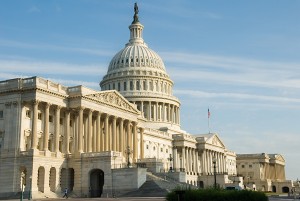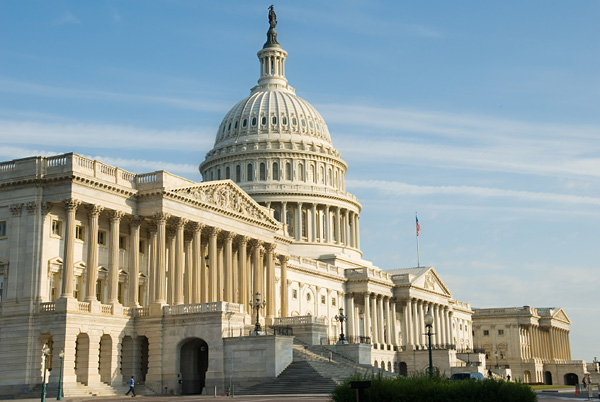
By Danielle Ryan, Tribune Washington Bureau –
WASHINGTON — The House has voted to give lifelong Secret Service protection to former presidents and their wives, due to increased national security threats posed to post-9/11 leaders. The bill passed Wednesday morning by voice vote.
The bill’s sponsor, Rep. Trey Gowdy, R-S.C., said in a statement that “the increased mobility and youth” of still-living former presidents added to the necessity of the extension.
The measure, which now goes to the Senate, would reverse a 1994 law limiting Secret Service protection to 10 years after a president leaves office. Under the previous law, the Department of Homeland Security can extend that protection temporarily any time after the 10-year period expires.
Bill Clinton is the last president under current law who will receive lifelong protection, meaning that George W. Bush and Barack Obama are the first in line for the limited 10-year protection period. But if passed by Congress, the new law will restore uniformity for the protection of all presidents by returning to lifetime protection, rather than maintaining a situation whereby some presidents receive lifelong protection while others receive a 10-year period of protection.
The bill would also authorize Secret Service protection for minor children of former presidents until they turn 16.
But questions have risen about the necessity of lifelong protection for former presidents, particularly when taking into account the massive costs associated with presidential protection.
Lawrence Korb, an expert on national security at the Center for American Progress, said the step toward lifelong protection “makes sense” despite the high costs involved. According to Korb, it would be a mistake to simply assume that all former presidents will be lucky enough to avoid attacks after leaving office.
But some members of Congress are more skeptical about the necessity of lifelong protection.
Rep. Howard Coble, R-N.C., said in a statement that he has always been sensitive to the “perks and privileges” afforded to elected officials. Coble himself has opted out of the congressional pension program.
“I think we have seen that being a former president can be a pretty lucrative career, and I feel that after 10 years, if these former presidents feel the need for additional security, they should pay for it themselves,” Coble said.
President Richard M. Nixon opted out of Secret Service protection 11 years after leaving office, but hired his own private security.







